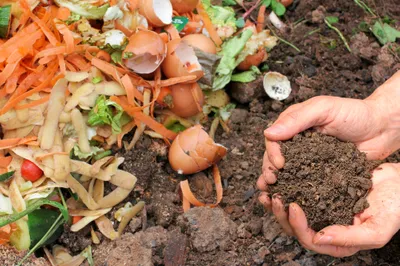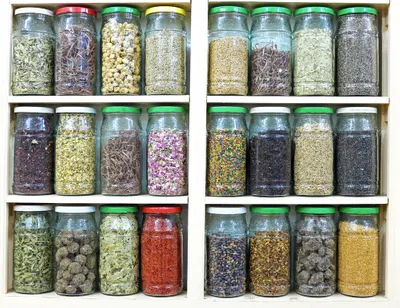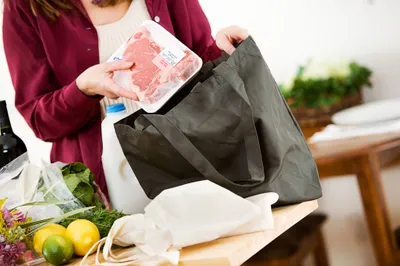When you read the news about destructive oil spills and devastating power outages, you might wonder what you can contribute that will make a difference. However, as the little guy or girl, all of us can do our part to lead a more eco-friendly lifestyle—like buying fewer plastic packaged goods, conserving energy, and reducing carbon emissions.
Here are ten small, but meaningful ways to help improve your environment…
1. Go Public With Transit
Sometimes it’s nice to give up the driver’s seat, especially if it reduces your carbon footprint and the gas emissions that promote poor air quality and breathing conditions like asthma. So do your part by taking the bus, train, subway, streetcar, or commute with the crew to work or school in the same car.
2. Load Your Virtual Shopping Bag
Those trips to the mall contribute to gas emissions if you drive and plastic consumption if every item you buy is packed in a plastic bag, not to mention the energy it takes to power every store in your local mall. However, if you shop online you save the planet many stresses simultaneously by shopping comfortably and environment-consciously from your own home.
3. Walk or Cycle
If you’re trying to be more environmentally conscious there’s nothing like getting right in the mess—with the wind in your hair, the sun on your face, and the earth under your feet. It’s true; walking or cycling to work, school, and social outings significantly reduce gas emissions and energy consumptions compared to driving. Hoofing it or peddling will also challenge you to buy closer to home and thus, locally.
4. Compost Your Waste
You don’t have to toss all of your garbage in the trash bin. In fact, you can be more eco-friendly and cut your contribution of trash that goes to landfills by starting a compost bin, or rather by recycling food and biodegradable nutrients back into the earth. And if you garden, compost enriches the soil with nutrients that grow the best tomatoes and herbs.
5. Telecommute When Possible
It’s pretty obvious how working from home vs. working in an office saves energy. Firstly, your company can save energy in the form of lights, computers, and more from staffing a huge office building. Secondly, you’ll cut your carbon emissions because you don’t have to drive to the office and back every day. Even if your company isn’t open to telecommuting every day, do it a few times per week or set up a co-working space close to home with co-workers who live near enough to you to walk.
6. Reduce Product Packaging
This is a tough one that will take some practice, but over the past 6 months I’ve consciously started buying products with minimal to no packaging—such as bulk foods and loose produce. When that’s not possible (i.e., toilet paper), I seek out those products with recycled packaging. You can always confirm eco-friendly packaging by checking the label or buying products packaged in cardboard.
7. Save Your Plastic & Glass Jars
While I used to recycle all of my jam, soup, and peanut butter jars, now I wash them clean and save them to store my bulk foods—like cereal, pickles, coffee, cat food, and more. You’re always safe to reuse glass jars unless they are cracked, however, with plastic, be sure to confirm reuse on the bottom of the jar so you don’t risk toxic leakage. Usually numbers 2, 4, and 5 indicate reusable plastics.
8. Buy Local
Instead of getting lost in the big chain supermarket in town, I find the local farmer’s market or buying directly from the farm is a much more intimate way to shop for fresh fruit, meats, eggs, dairy, preserves, and veggies. I feel good about buying locally grown foods. And if you aren’t within distance of a local farm, sign up online for a monthly farm share, which is delivered, in-season to your front door.
9. Carry a Traveler
And by that I mean to carry along a reusable coffee cup to work and school with you. If you’re like me, a person who purchases at least 2 coffees each day from a local café, you can save 10 paper or Styrofoam disposable cups each week, which translates to 40 per month…and 480 per year!
10. Tote Recycled Bags
I’ve been guilty of hefting my groceries home in flimsy plastic bags too. But once I started using sturdy, woven, recycled grocery bags, I never looked back (and my shoulder thanks me as well). Really, plastic bags contribute to the mess of plastic floating in landfills and oceans, threatening bird and marine life. So do your part and tote a collection of reusable bags on your next grocery excursion!













